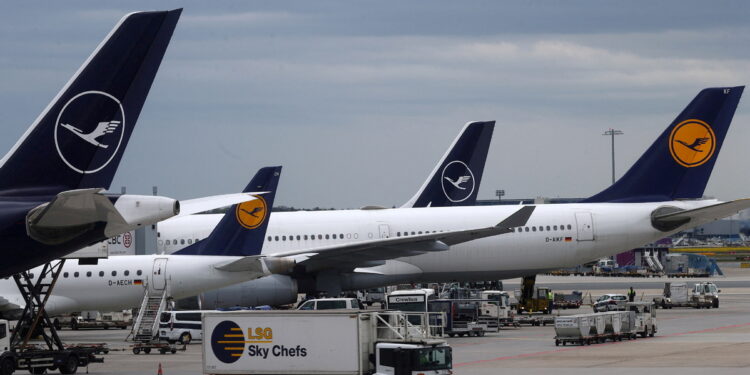In June, passenger volume hit a new high since the start of the COVID-19 pandemic, but still remained 24.1 percent below the pre-crisis level seen in June 2019, according to Fraport.
“We are pleased that people are eager to travel again,” Stefan Schulte, chief executive officer (CEO) of Fraport AG, said. “This demonstrates the strong momentum driving air travel demand.”
Like other airports in Europe, Frankfurt is experiencing staff shortages this year. Many airlines and airports laid off staff because of the COVID-19 pandemic, all but bringing air traffic to a complete standstill. The industry is currently hit by a fresh wave of Omicron cases.
READ MORE: Tourism: Ghana and Malta Express Commitment To Deepen Ties
Due to “poor punctuality for ensuring connectivity,” many re-bookings and re-dispatches were necessary, a Fraport spokesperson told Xinhua on Wednesday. With the current understaffing, these could only be processed step by step. The personnel situation “affects the entire industry in Europe.”
More and more pieces of delayed luggage, thousands in fact, are piling up at German airports, according to a recent survey conducted by the dpa press agency.
German national carrier Lufthansa, Europe’s largest airline in terms of passenger numbers, has been forced by coronavirus infections, strikes and extreme weather events to cancel more than 3,700 flights departing from Frankfurt and Munich during the summer months.
READ MORE: Experts call for stronger partnership with China rather than copycat moves
To limit queues, cancelations and baggage delays, London’s Heathrow Airport has said that it would cap departing passengers at 100,000 per day until the middle of September.
“Some airlines have taken significant action but others have not, and we believe that further action is needed now to ensure passengers have a safe and reliable journey,” Heathrow CEO John Holland-Kaye said.









